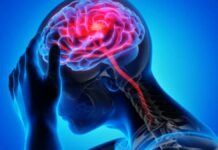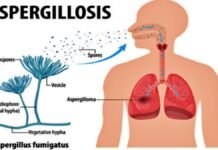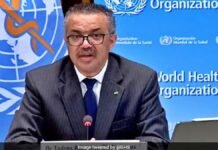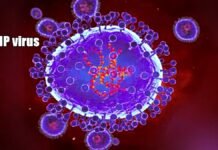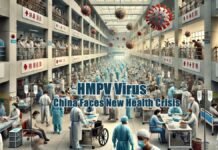
The World Health Organization said Thursday it had tasked experts with assessing health risks at the interface between nature and humans in a bid to avoid future pandemics. In the wake of the Covid-19 pandemic, which was sparked by a virus that likely originated in animals, the WHO this week created the One Health High-Level Expert Panel.
Set up with the backing of France and Germany, it will provide advice to the WHO and others striving to draft a plan for averting outbreaks of diseases like bird flu, Ebola and Covid-19. “The Covid-19 pandemic is a powerful demonstration that human health does not exist in a vacuum, and nor can our efforts to protect and promote it,” WHO director-general Tedros Adhanom Ghebreyesus told reporters.
“The close links between human, animal and environmental health demand close collaboration, communication and coordination between the relevant sectors,” he said. A full three quarters of all emerging infectious diseases originate in animals, the UN health agency said.
Covid-19, which has now killed more than 3.4 million people globally since it first surfaced in China in late 2019, most likely jumped from bats to humans via an intermediate animal, according to experts, although it remains unclear exactly how and when this happened.
The WHO is working with the Food and Agriculture Organization (FAO), the World Organisation for Animal Health (OIE) and the UN Environment Programme (UNEP) to develop a strategy to spot risks of new viruses jumping from animals to humans and help avoid outbreaks.
“The high level expert panel will advise us on how to bridge the gaps between sectors, connecting veterinary and human medicine, and environmental issues and to address the challenge of implementation at both the global and country level,” Tedros said.
He said the expert panel, co-chaired by Thomas Mettenleiter of Germany and Wanda Markotter of South Africa, will help push for bold policy measures and investments needed “to reduce the risk of future pandemics and to change harmful practices that threaten us now and in future generations.”
UNEP chief Inger Andersen meanwhile said that if the world wanted to “end the three planetary crises of climate change, of biodiversity loss and pollution, which threaten our peace and prosperity, we have to understand that human and animal and planetary health are one and the same.”
If Covid-19 has taught us anything, she said, “it is that we cannot be caught off guard again. There’s simply too much at stake.” The panel had held a first meeting this week and hopes to produce its first tangible results later this year, Mettenleiter said.
Read all the Latest News, Breaking News and Coronavirus News here





































